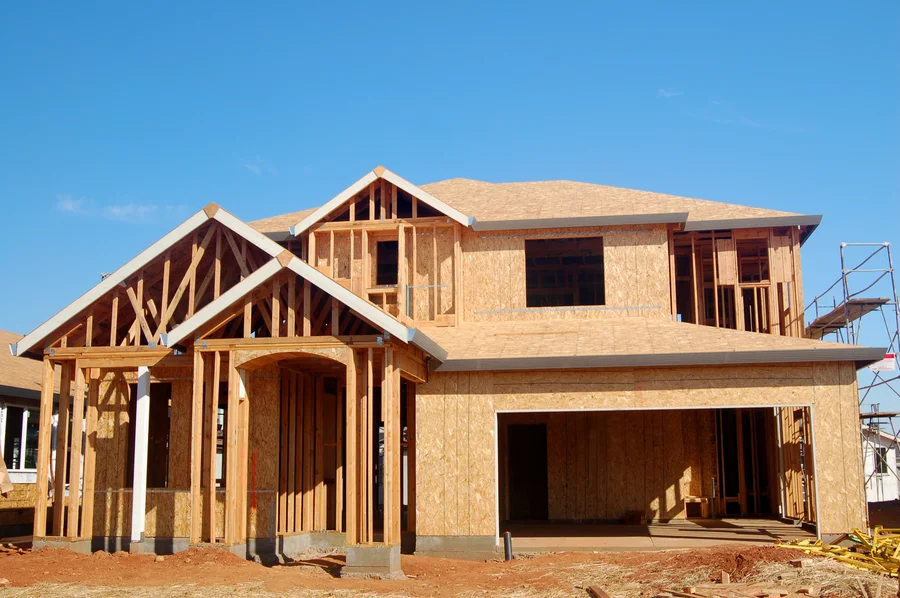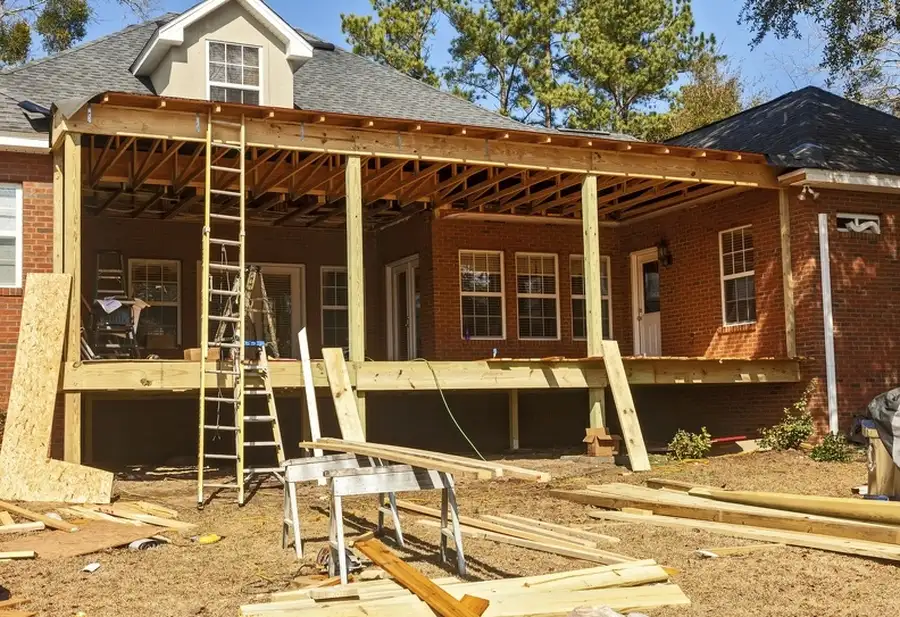Key Aspects of Zoning Regulations You Should Know
Planning to expand your home can be exciting, but it’s crucial to understand zoning rules first. These regulations govern how properties can be used and what structures can be built. Knowing zoning rules helps you avoid legal issues and ensures your project aligns with local requirements. Before starting any construction, familiarize yourself with these important guidelines to ensure a smooth process.

The Importance of Zoning Regulations
Zoning regulations play a vital role in maintaining order in communities. They dictate how land can be used, ensuring that residential, commercial, and industrial areas remain distinct. For those planning a home addition, understanding these rules is crucial. Without adherence to zoning laws, your project could face delays or even legal action.
Types of Zoning Categories
Zoning categories vary depending on the area but generally include residential, commercial, and industrial zones. Each category has specific regulations regarding building size, height, and use. When planning a home addition, ensure your project complies with local residential zoning laws. This compliance will save time and prevent potential conflicts.

Steps to Check Zoning Requirements
Before starting construction, it’s essential to verify zoning requirements for your property. Here are some steps to follow:
- Contact your local zoning office or city planner for information.
- Review local zoning maps and ordinances online or at city hall.
- Consult with a professional if you’re unsure about the regulations.
Common Challenges Faced by Homeowners
Many homeowners encounter challenges when dealing with zoning laws. These can include restrictions on building height or setbacks from property lines. Another common issue is needing to apply for variances if your project doesn’t meet standard zoning criteria. Being aware of these potential hurdles can help you plan more effectively.
How to Apply for a Variance
If your proposed home expansion doesn’t fit within current zoning regulations, applying for a variance might be necessary. A variance allows you to build outside existing rules under specific conditions. The process typically involves submitting an application, attending hearings, and presenting your case to a zoning board. Prepare thoroughly to increase your chances of approval.
Best Practices for Compliance
Adhering to best practices ensures your project progresses smoothly without legal hiccups. Engage with professionals familiar with local zoning laws early in the planning stage. Regularly communicate with local authorities to stay updated on any changes. Keeping records of all communications and approvals also helps safeguard against future disputes.
Estimating Costs Related to Zoning Compliance
Zoning compliance can add costs to your home renovation budget. These might include fees for permits, applications for variances, and possible design modifications. Consider these factors when budgeting for your project to avoid surprises down the line. Investing in proper planning now can prevent costly adjustments later.
Getting Started With Your Home Expansion Project
Understanding zoning rules is the first step towards a successful expansion project. Make sure to consult with experts who can guide you through the complexities of local regulations. Contact us today at (979) 324-7836 to learn more about zoning requirements in your area. Located in Somerville, TX, our team at Chollett Custom Homes LLC specializes in helping homeowners navigate these intricate processes smoothly.